Financial aid, new growth engines to unlock momentum in critical sector
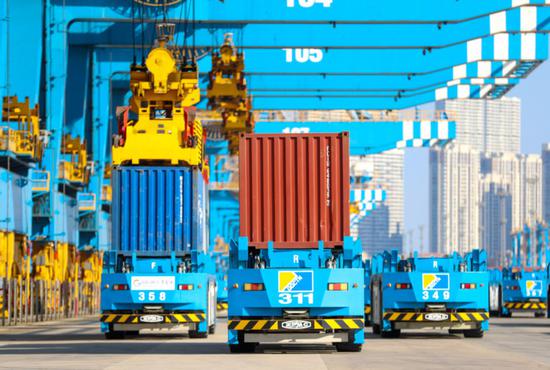
Automated vehicles deliver cargo at Qingdao Port's fully automated terminal in Shandong province on Dec 3. (ZHANG JINGANG/FOR CHINA DAILY)
China will ramp up financial support, cultivate new growth engines, and strengthen services for foreign trade enterprises in order to unlock momentum and foster resilience in the country's foreign trade sector — a critical pillar underpinning overall economic growth, officials and analysts said.
As global trade faces strong headwinds and protectionist pressures, China is strengthening the coordination of its trade, fiscal, financial, and industrial policies to provide holistic support for enterprises in stabilizing orders and expanding markets, they added.
"Over the past 11 months, China's total imports and exports have reached 39.79 trillion yuan ($5.47 trillion), up 4.9 percent year-on-year. The country's export share in the global market has remained largely stable," Wang Shouwen, vice-minister of commerce, told a news conference in late November.
In recent years, the global economy has faced a backlash against globalization, with trade protectionism on the rise. Over the past decade, global trade growth has fallen behind global GDP growth, Wang said.
Foreign trade companies have said that the coverage of export credit insurance needs to be further expanded, smaller firms are facing certain financing difficulties, and they are also encountering bottlenecks in sea freight transportation, Wang added.
Against this challenging backdrop, China's foreign trade has maintained a stable growth trajectory. However, the country has seen a slight moderation in the pace of expansion since August, Wang said.
Foreign trade has been a bright spot in the Chinese economy over the past months, as sluggish domestic demand and a tepid property market have to some extent dragged down overall economic expansion, analysts said, calling for strengthened support in key areas.
Increasing financial support, and leveraging financial instruments to hedge against the uncertainties that enterprises may face, as well as reducing capital turnover cycles, are of utmost importance for foreign trade companies, especially smaller ones, said Zhou Maohua, a researcher at China Everbright Bank.
The Export-Import Bank of China will be tasked with strengthening credit allocation in the foreign trade domain. The bank will better tailor its financing products and services to meet the diverse needs of different types of trade enterprises, as laid out in the policy package introduced by the Ministry of Commerce.
Additionally, financial institutions across the board will be encouraged to increase lending to small and medium-sized foreign trade businesses in accordance with market-oriented and rule-of-law principles, according to the ministry.
Over the course of the year so far, the one year and five-year-plus loan prime rates have declined by 0.35 and 0.60 percentage point, respectively, according to the People's Bank of China, the country's central bank.
As a result, the weighted average interest rate on new corporate loans extended in September was around 3.5 percent — a 0.31 percentage point drop compared to the same period last year, reaching a historic low, said Liu Ye, an official at the central bank.
The central bank will also work to keep the renminbi exchange rate stable at an adaptive and balanced level, while strengthening guidance to prevent the market from tilting to one side, Liu said.











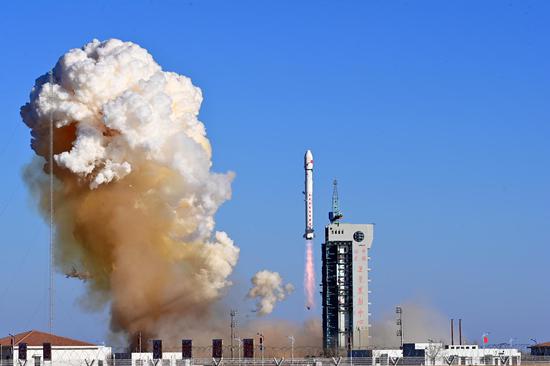




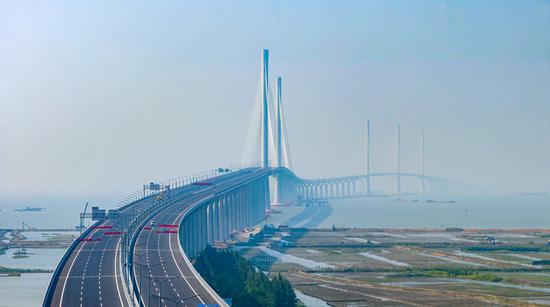






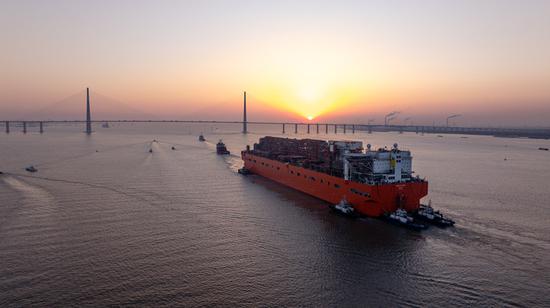





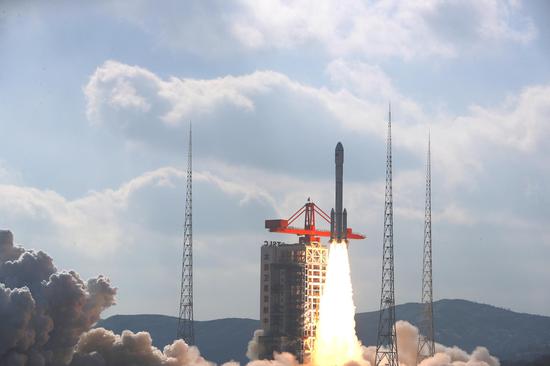




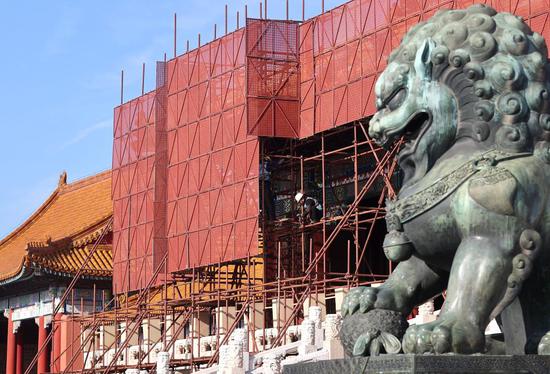



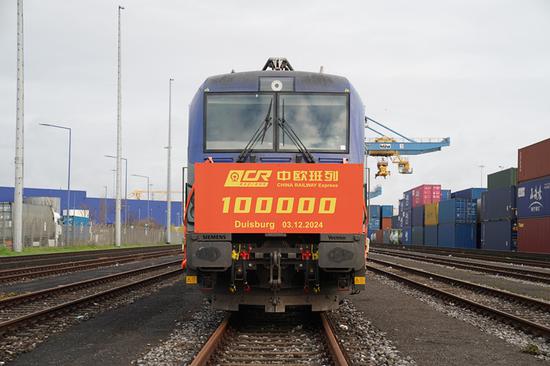

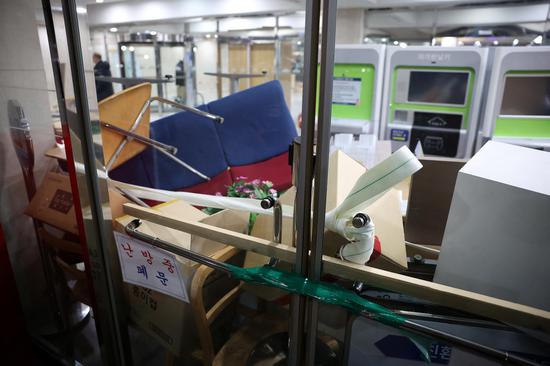









 京公网安备 11010202009201号
京公网安备 11010202009201号